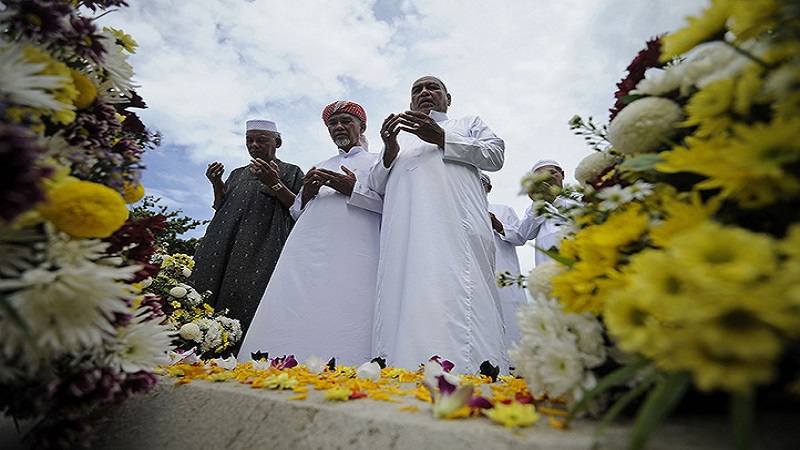The reality of the coronavirus is changing the way Muslims have to conduct their janazahs in South Africa. The country’s stringent lockdown regulations require Muslims to re-think the way funerals have traditionally been carried out and keep in line with government’s policy on social distancing. At a time of heightened fear around the virus, the new rules will be difficult for some, but the community will have to adapt.
“We understand that people want to be with their loved ones when they pass away and people want to pay respects and console the family. But this is a pandemic and this can cause more harm. We have an obligation by Allah SWT to protect ourselves, our families and everyone around us,” said Shaykh Riad Fataar, head of the MJC Cemetery Committee.
In this light, the Muslim Judicial Council (SA) has offered some burial guidelines during the nationwide lockdown.
Death from natural causes
If a relative passes away from natural causes (not related to COVID-19), you are required to contact a death registrar or burial service to complete required documentation. Required documentation are:
1. Identification Document (ID) of the deceased.
2. Identification Document (ID) of the person responsible for the Janazah.
3. Proof of address of the deceased
“In many instances, families cannot find the IDs of the deceased. Make sure you know where all IDS are. Also ensure you appoint someone to oversee the janazah,” said Fataar.
Due to the lockdown rules that only essential workers can leave their homes, its best to contact the Imam in your area. Imams in other areas will experience difficulty moving between areas.
A maximum of two persons will be allowed to perform the ghusl (washing of the body.)
A maximum of two persons will be allowed to assist those washing the body. This means family and friends will not be allowed to be present, unless they are part of the ghusl team.
“We need to have as little people gathering together and to ensure there is spacing between them. If more people are required, then keep that at a maximum of four,” said Fataar.
“Families should not be in the room. Let their toekamanies do their job.”
When it comes to natural death, the normal ghusl procedures will take place.
WATCH:
A message from Sh Riad Fataar, MJC Second Deputy President to the community.
Posted by Muslim Judicial Council – SA on Tuesday, 31 March 2020
Janazah
The Janazah time must be arranged with the presiding Imam, burial service and the management of the Maqbarah (graveyard.) Maqbarah closing times must be considered when making arrangements.
In terms of the Disaster Management Act of 2002, published in the Government Gazette, a maximum of 50 persons will be allowed to attend any funeral. However, as a social distancing measure, Fataar has recommended 20 people. Salaatul Janazah must be performed at the graveyard as Masajid are locked during the nationwide lock-down.
“The 20 people includes everyone…the family, imam and the burial service. Remember to keep social distancing at the burial grounds as well,” urged Fataar.
Amended regulations for the national lockdown now allow for travel between provinces to transport a body. The amendments allow certain individuals to move between provinces, metropolitan and district areas for purposes of transporting a body for burial purposes. The deceased’s family and friends will need to obtain a permit if they want to travel to attend the janazah.
The permit may be obtained from a magistrate or a station commander of a police station. The COVID-19 regulations and amendment may be accessed for download at http://www.cogta.gov.za/?p=7871
Loved ones of the deceased are urged to increase in istighfaar, good hygiene and practice social distancing.
VOC






 WhatsApp us
WhatsApp us 

